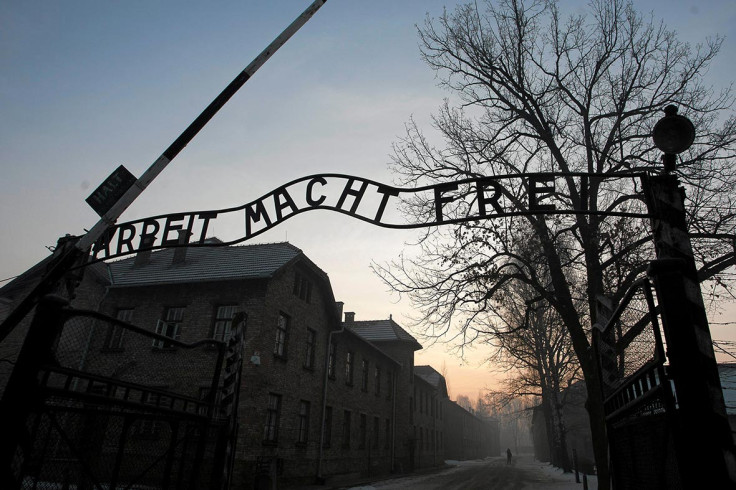UN war crime files on Holocaust death camps will 'rewrite crucial' parts of history
Poland and China were first few countries to demand justice after WWII.
The formerly inaccessible archive of the United Nations war crimes commission, which dates as far back as 1943, is finally being opened to the public by the Wiener Library.
The library, the world's oldest Holocaust archive and Britain's largest collection on the Nazi era, is also allowing its catalogue to be searched online, coinciding with the publication on 18 April of Human Rights After Hitler: The Lost History of Prosecuting Axis War Crimes by Dan Plesch.
Howard Falksohn, the library's archivist said: "It may well be that people will be able to rewrite crucial chapters of history using the new evidence."
The Guardian quoted Falksohn as saying: "We anticipate a lot of interest. This is the first time they will be available to anyone in the UK."
The Wiener Library was founded in Amsterdam in 1934 by Dr Alfred Wiener to monitor Nazi antisemitism. He shipped his collection to London on the eve of World War II. Dr Wiener worked with the British government and provided evidence for the Nuremberg trials.
The library is now based in Bloomsbury in London and works with the International Tracing Service to help those searching for relatives who disappeared in the concentration camps.
Previously, only researchers who received authority from their governments and the consent of the UN secretary general were allowed to access the archives. Even with these consents, they were not allowed to take notes or copies.
The archive, together with the UNWCC closed in the late 1940s when West Germany became a ally at the start of the cold war, leading to the use of the records being suppressed, The Guardian says.
Plesch, the director of the Centre for International Studies and Diplomacy at the University of London managed to convince diplomats, including Samantha Power, the former US ambassador to the UN, to release the secret documents.
He said: "This is a huge resource for combating Holocaust denial. The German national authorities were never given access to the archive by the allies after the war. All of this has never seen the light of day."
According to The Guardian, the documents record the "gathering of evidence shortly after the UN was founded in January 1942."
It reveals the rape and forced prostitution were prosecuted as war crimes in tribunals as far as Greece, the Philippines and Poland in the late 1940s.
The Polish government in exile, according to files, "supplied extraordinarily detailed descriptions" of concentration camps such as Treblinka and Auschwitz, where millions of Jews were gassed, the newspaper said.
The files show that some of the first demands for justice following the second world war came from countries that had been invaded such as Poland and China, rather than the UK, the US and Russia, which coordinated the post-war Nuremberg trials.

© Copyright IBTimes 2025. All rights reserved.




















